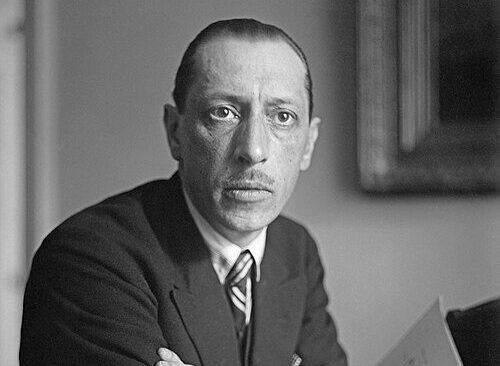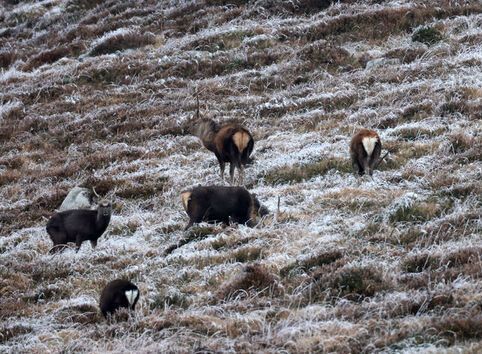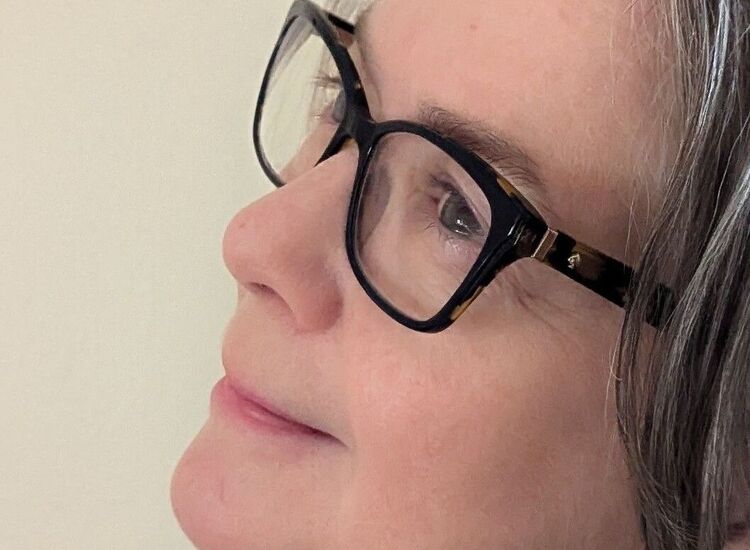This summer will mark the 30th anniversary of the night Sydney Maree clocked 3.49.44, the fastest mile ever on Irish soil, at the Cork City Sports in the Mardyke. A name and a number that will conjure up images of a time when athletics enjoyed mainstream popularity, it would seem only right that the organizers should invite Maree to the CIT track on July 17 for the latest edition of this event. Many of those who will be in Bishopstown that evening will recall the South African’s run into the record books and would surely enjoy seeing him introduced to the crowd, maybe even taking a lap of honor.
Unfortunately, there will be no such reunion this year. Right now, Maree is serving a five-year sentence for fraud at the Odi Correctional Centre outside Pretoria, a punishment handed down in such dubious circumstances that his family were, for many months, not even given the name of the prison where he was being held. An international campaign has been kickstarted to try to highlight his plight and to have his case re-opened. In the meantime, the man who set the Irish all-comers record in Cork sleeps on the floor of an overcrowded cell and hopes he doesn’t get the TB that is reportedly sweeping through Odi these times.
How he ended up in this sorry place is a rather convoluted tale. A native of South Africa where his father, an African National Congress member, served time in Robben Island, Maree won an athletics scholarship to Villanova University in Philadelphia, then an institution with unique links to Ireland through the likes of Eamonn Coghlan and later Marcus O’Sullivan. Barred from competing at the Olympics during the prime of his career due to apartheid, Maree still did enough on the regular circuit to become part of middle distance running’s golden generation.
Younger readers may not believe this but there was a time when sports fans could reel off the names of the best half a dozen milers in the world. He was one of them. Eventually, Maree circumvented the ban on South African athletes by taking out United States citizenship and placed fifth in the 5,000 meters at the 1988 Olympics.
"In South Africa, I was punished for being black,” said Maree once. “In the United States, I was punished for being South African. It built me and it broke me. But it built me more than it broke me.”
Maree retired from athletics in 1991 and returned to his now much-changed homeland in 1995. An economics graduate, he became chief executive of South Africa’s National Empowerment Fund, a government agency involved in promoting black equality in the post-apartheid nation. For a man with so much world experience who had seen so much inequality, it seemed the perfect job.
In 2004, however, he was arrested and charged with transferring the equivalent of $120,000 from the NEF into his own personal account. He claimed that he did so under the instructions of his superior who wanted him to temporarily conceal the money before it could be used to make an illegal payment as part of a land deal. Although the sum was returned in full to the NEF before his arrest, Maree was still charged with fraud.
That it took nearly seven years from the time he was first questioned to the date his appeal against a jail term was thrown out sums up the problems many independent observers have with the whole affair. As the case wound its way through the courts, Maree couldn’t work and ended up going broke. When you consider vital defense evidence went missing along the way and then, after he showed up to Leeuwkop Prison last April to begin his sentence, he was secretly moved to Odi, it does seem like a lot about this doesn’t quite add up.
The campaign to highlight his case and to try to get him freed is spearheaded from New York by his sons, Daniel and the wonderfully-named Pele. Daniel Maree has set up a website www.freesydneymaree.com and is also making a documentary film about his father’s life. Last October, the Philadelphia Inquirer, the same paper which once chronicled the achievements of Maree, Coghlan and all the other graduates from Villanova’s running factory, ran a story about the case that yielded some more welcome media attention. It was a matter of weeks after that when the South Africans finally told the family where Maree was being held.
“The delay in my father’s case was a deliberate attempt to cover up an illicit deal made between Sydney’s superiors [Alec Erwin and Alistair Ruiters] and Deutsche Bank,” said Daniel Maree, “Deutsche is pivotal to this case. The inappropriate relationship between Deutsche and Alec Erwin [the former Minister of Trade and Industry] is well-documented. This campaign isn’t just about Sydney Maree. Blood was shed in order to create a constitution for the new South Africa. All of that was in vain, and the constitution itself is meaningless if the rights granted within it are not honored.”
All of this matters to us only because Maree means something to many Cork sports fans. In a time before sports channels existed, the annual shindig down the Mardyke (its long-time home) was a chance for people to watch real, live international sport. For a time in the 1980s, the world’s finest athletes made their way through the gates. As kids, we stood against the railing that runs around the rugby pitch in that venue and watched the likes of Steve Ovett, Coghlan and Maree limber up before their races.
Whisper it, but Maree held extra fascination for us children. When he stretched and sprinted on the grass yards just away from us, it was the closest we’d ever come to an African in real-life. Back then the only colors of people in Ireland were white, whiter and whitest. If that all seems like so long ago now, the least the organizers can do this July is hold a minute’s silence or make some sort of gesture of solidarity to acknowledge the plight of Maree.








